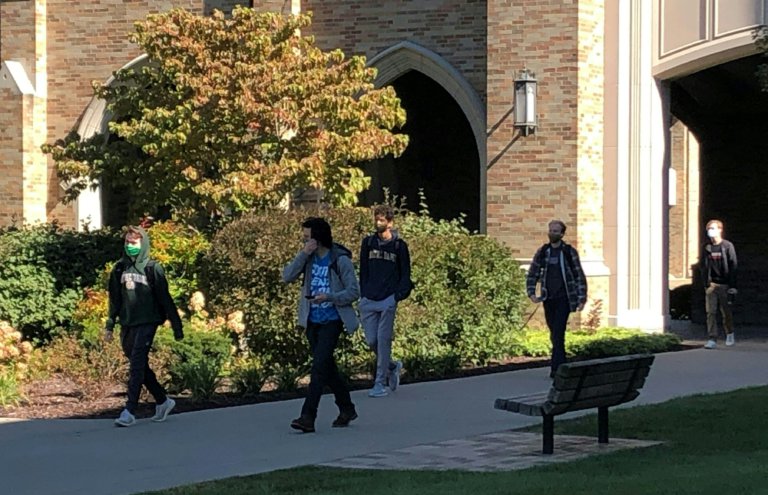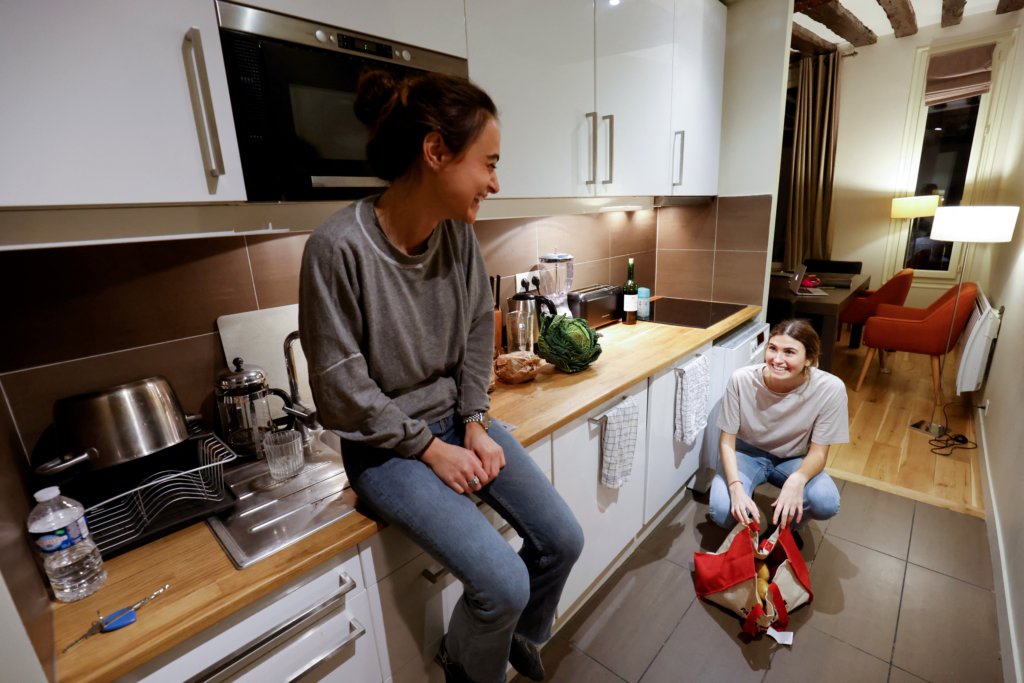
Crime happens in many forms and strikes when you least expect it. From robberies to identity frauds and scams, these can affect your safety when travelling to, from and within your campus — in Tijuana, Mexico or Fortaleza, Brazil.
For the most part, however, studying in the UK, US, Canada, Europe, Australia and New Zealand is likely to be safe. News reports can be alarmist, which is why it’s important to know the facts before freaking out. As an international student, you can expect to have a safe experience with zero harm to you.
It’s still important to be careful, though. Although murders and robberies are few and rare on university campuses, scams are reportedly rising. Scare tactics are the modus operandi of such scammers, who often pose as law officials and play on the emotions of vulnerable students to get them to comply with their extortionate and unreasonable demands. Two international students in Northern Ireland were reportedly solicited and conned into paying 105,000 pounds to scammers.
To ensure your safety when travelling and studying abroad, it’s always good to plan ahead. Here are four safety tips that you, as an international student, can take to avoid any undesirable circumstances or situations.
Safety when travelling and living abroad: 4 important tips for international students
Download safety apps
Apps such as bSafe and Panic Guard help notify the police and your selected contacts of your location when you are in a dangerous situation. They can secretly record your attacker or harasser too.
For female students, consider downloading apps such as WalkSafe and Hollie Guard which have multiple features to keep you safe. With a tap or shake, for example, Hollie Guard notifies your chosen contacts of your location and sends audio and video evidence directly to their mobile phones.
Alternatively, in the event that you think you lose track of your friends or are travelling alone, you may download Circle of 6, which allows you to create a group of six contacts of your choice. The app will notify your selected contacts and emergency units of your location through a message, complete with a map with GPS location.
Pick your student housing wisely
Choosing where to stay without seeing the unit first-hand can be tricky. For first-year international students, your best bet would be to stay in on-campus accommodations, such as residence halls. University accommodation is typically fitted with fire doors, so they automatically close behind you whenever you leave a room, notes Compare the Market. Always remember to keep your room door locked and not leave your keys or important documents lying around unsupervised.

Students are recommended to lock their doors, even when they are hanging out in common areas such as the kitchen. Source: Ludovic Marin/AFP
Ensure that your windows are always shut and balcony doors are locked when you’re not in. Contact your landlord to see if they can install a security system. If there’s one, keep it on even when you are inside your accommodation. Contact your local police if you suspect there is unlawful activity going on within the vicinity of your accommodation, such as a break-in.
🚨STUDENT SAFETY TIPS
@OSUPOLICE & CPD are teaming up to provide safety tips to arm students with knowledge.🛴Suspects are quick on scooters. Be alert.
🔒Lock doors & windows.
🚘Car thefts are up don’t let your guard down. Take key fobs with you.#ohiostate #safety pic.twitter.com/ZyS8ZflvHE
— Columbus Ohio Police (@ColumbusPolice) September 7, 2021
Safety when travelling
The golden rule for international students when leaving their property is to keep your keys and wallet in a safe place. A safe storage space helps to store high-value or high-risk items you have to bring to the university, such as a laptop or other expensive electronic products.
Guard your drinks in pubs and clubs — it’s not great to be a drink-spiking victim. When attending a social gathering, you are advised to be in the presence of others and keep away from personal spaces.
Safety on campus
It is better to ask a friend to look after your stuff at the library when you need to step outside temporarily or go to the bathroom, than to trust a complete stranger to watch your items. Take valuable items such as your mobile phone or laptop with you anytime you leave a study space at the library too.
During special occasions such as attending sports sessions, keep your phone and bag within sight, rather than leaving them in a changing room or in the team bus.










